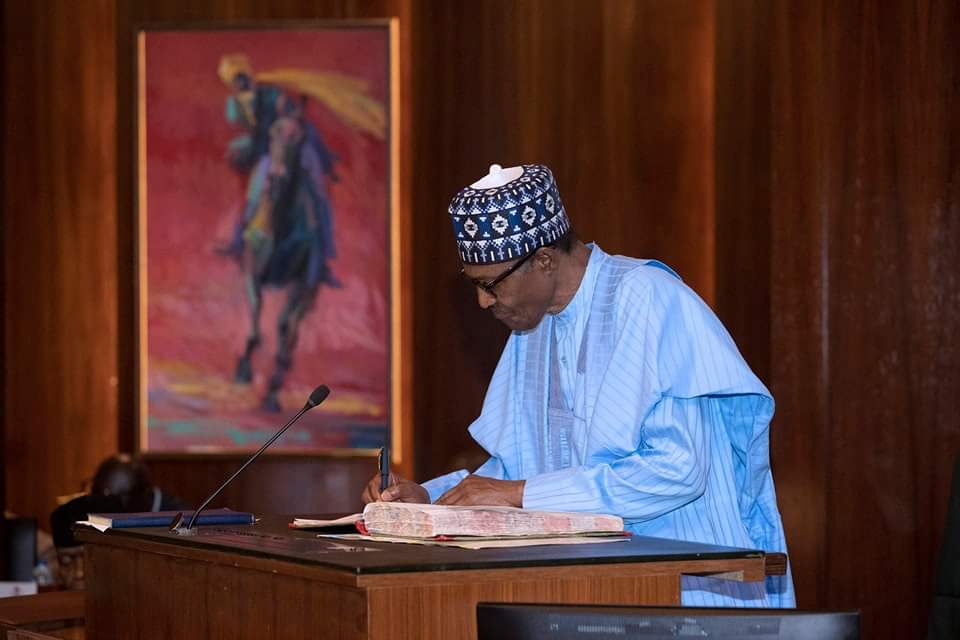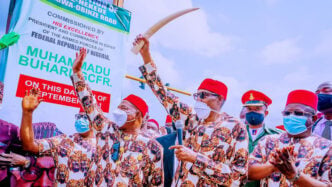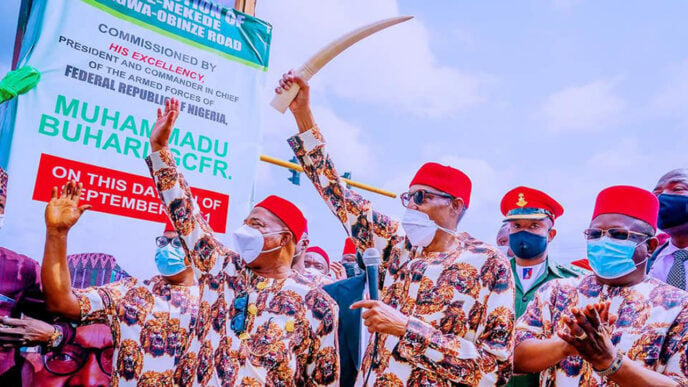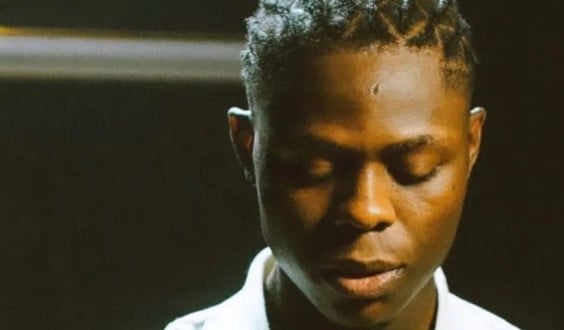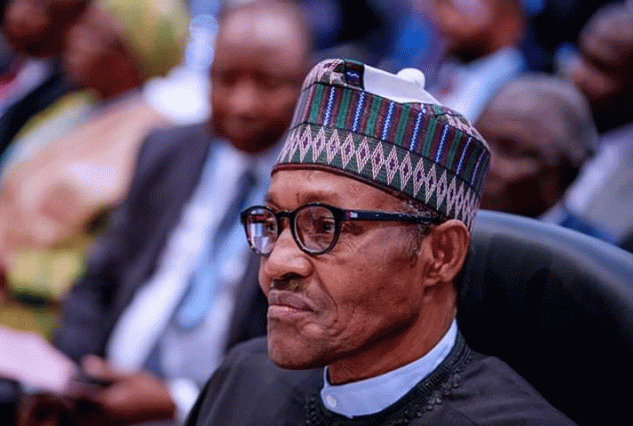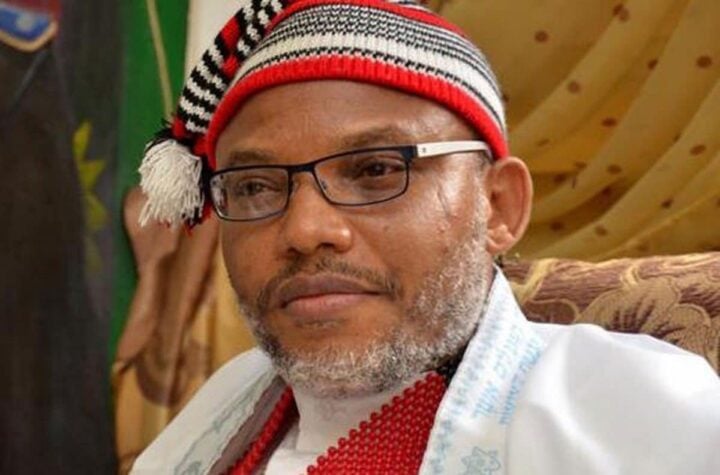BY EL-YAQUOB IBN YOUSOUF
The passing of President Muhammadu Buhari marks the end of an era for Nigeria, one that began with immense hope and ended in profound disappointment. Elected in 2015 as the first opposition candidate to defeat an incumbent president, Buhari carried a historic mandate and unparalleled political capital. A former military ruler known for his iron-fisted stance against indiscipline in the 1980s, he entered democratic office with widespread goodwill. Civil servants arrived on time, police stopped demanding bribes, and the public was ready to endure hardship for his promised crusade against corruption. Yet, Buhari’s tenure is now seen as a monumental missed opportunity, where a nation’s fervent hopes were undermined by indecision, missed chances, and a lack of vision.
Buhari’s 2015 victory was a watershed moment. Having ousted Goodluck Jonathan in one of Nigeria’s fairest elections, he enjoyed the legitimacy and public backing few predecessors had. Hailed as Mr. Integrity and a reformed democrat, his anti-corruption stance and slogan, “I belong to everybody and I belong to nobody”, inspired ordinary Nigerians cynical of politicians. His ascetic lifestyle and no-nonsense reputation fostered a mix of fear and reverence, even among detractors. With his party controlling the National Assembly and the opposition in disarray, Buhari had the power to enact sweeping reforms. Nigerians were eager for change, granting him extraordinary latitude to make tough decisions. The atmosphere was ripe for bold strokes, with a climate of discipline and anticipation in his early weeks.
Tragically, Buhari squandered this goodwill through vacillation and poor strategy. His first misstep was taking six months to appoint a cabinet, leaving Africa’s largest economy rudderless as it reeled from a global oil price crash. Public patience turned to frustration, earning him the nickname Baba Go Slow. When the cabinet was finally named, it included recycled figures from Nigeria’s old guard, dashing hopes of a technocratic dream team. Even First Lady Aisha Buhari later revealed that a small cabal had hijacked appointments, with the president unaware of many he appointed. This insularity and detachment became evident early on.
Advertisement
Those critical early months, when Buhari enjoyed unchallenged public support, were lost. Opportunities for bold reforms, like phasing out the wasteful fuel subsidy during low oil prices or pushing the Petroleum Industry Bill to overhaul the corrupt Nigerian National Petroleum Company (NNPC), were missed. Buhari could have floated the Naira, ended the multiple exchange-rate regime, or pursued technocratic governance by recruiting Nigeria’s brightest minds. As a former general, he was uniquely positioned to reform the security apparatus, purging corrupt officers and improving military professionalism. Yet, these reforms never materialised. Even his anti-corruption crusade faltered without a structured framework, as voluntary returns of looted funds waned.
Buhari’s tenure is marked by economic hardship and stagnation. Despite promises to diversify from oil, Nigeria remained heavily reliant on crude. When global oil prices crashed, the country entered a recession, exacerbated by Buhari’s refusal to devalue the Naira. Pegging the currency at an artificial rate created a gap between official and black-market rates, fuelling corruption and arbitrage. Prices of essentials skyrocketed, inflation surged, and importers struggled. Policies like import bans, meant to boost local production, failed without infrastructure support, fostering smuggling instead.
Unemployment and poverty hit record highs, earning Nigeria the title of poverty capital of the world. Foreign investment lagged due to policy uncertainty, and oil output dropped to a 20-year low by 2022 due to underinvestment and theft. Buhari’s outdated economic model, as novelist Chimamanda Ngozi Adichie noted, ignored modern complexities, trapping Nigeria in stagnation.
Buhari’s pledge to defeat Boko Haram and restore peace as a retired general was a key campaign promise, yet he failed spectacularly.
Advertisement
Early gains against Boko Haram were short-lived, as violence spread beyond the northeast. In the northwest, bandit gangs terrorised villages and kidnapped schoolchildren. In the Middle Belt, herder-farmer clashes escalated into massacres. In the southeast, secessionist tensions led to heavy-handed crackdowns. By his final years, insecurity was more widespread than at the start, with militants and bandits roaming freely. The human cost was staggering: Amnesty International reported military involvement in mass slaughters, including over 350 Shi’a Muslims killed in Zaria in 2015 and 150 unarmed pro-Biafra protesters executed.
The 2020 EndSARS protests saw at least 12 shot at Lekki toll gate. Herder-farmer clashes killed about 3,600 in three years, and kidnapping became rampant. Buhari’s slow response, often taking months to address crises, suggested detachment or tacit approval, leaving millions displaced and communities shattered.
Buhari’s defining issue, anti-corruption, revealed the largest gap between promise and reality. Nigerians longed for accountability, and early efforts like arrests and a whistleblower policy fostered hope. However, the campaign lacked strength, failing to secure major convictions or establish robust institutions. Prosecutions seemed selective, targeting opposition figures while avoiding Buhari’s allies.
Scandals thrived, including the grass-cutter scandal involving looted funds for internally displaced persons and corruption allegations against the head of the Economic and Financial Crimes Commission (EFCC) appointed by Buhari himself. Transparency International’s indices showed no significant improvement in corruption perception. Aisha Buhari’s claim of a cabal manipulating decisions, alongside Buhari’s extended medical absences, highlighted a power vacuum enabling impunity to flourish. His passive leadership and dependence on personal integrity failed to confront systemic decay.
Advertisement
Remarkably, Buhari retained fierce loyalty, particularly in the north, where he was seen as a messianic figure.
Supporters, as Senator Shehu Sani quipped, would smile and thank him for hardships, blaming failures on saboteurs or subordinates. This personality cult shielded Buhari from accountability, fostering a myth that others undermined his good intentions. Even after a first term of economic woes and insecurity, his 2019 re-election showed the strength of his mythos, rooted in ethnic and religious loyalty. Supporters viewed him as a symbol of austerity, ignoring evidence of failure. This unquestioning loyalty reduced pressure for decisive action, perpetuating inaction.
Buhari was, by all measures, a decent, disciplined man, modest, incorruptible, and courteous. His personal virtues fuelled the myth of a saviour who could fix Nigeria’s crooked system. Yet, in governance, goodness alone was insufficient. Leading a complex nation of over 200 million required agility, creativity, and inclusiveness, qualities that Buhari, set in his 1980s mindset, lacked. His cautious, often indecisive leadership failed to address corruption, poverty, and insecurity. Age, ill-health, or an inability to build coalitions may have limited him. Nigeria needed bold, pragmatic action, but Buhari’s tenure showed that an honest man who stands still can stall a nation as much as a dishonest one.
As Nigerians bid farewell to Buhari, feelings are mixed. There is respect for a statesman who loved his country in his own way, but also sadness and anger at what might have been. His supporters view him as a virtuous leader; critics see a symbol of dashed hopes. Both perspectives are valid. Buhari’s legacy serves as a warning of the dangers of idolising leaders without holding them accountable. Nigeria’s progress continues, but the Buhari years remind us that great power and good intentions must be paired with effective action. Without it, even a would-be messiah becomes just another missed opportunity.
Advertisement
Ibn Yousouf wrote this piece from Abuja
Advertisement
Views expressed by contributors are strictly personal and not of TheCable.
